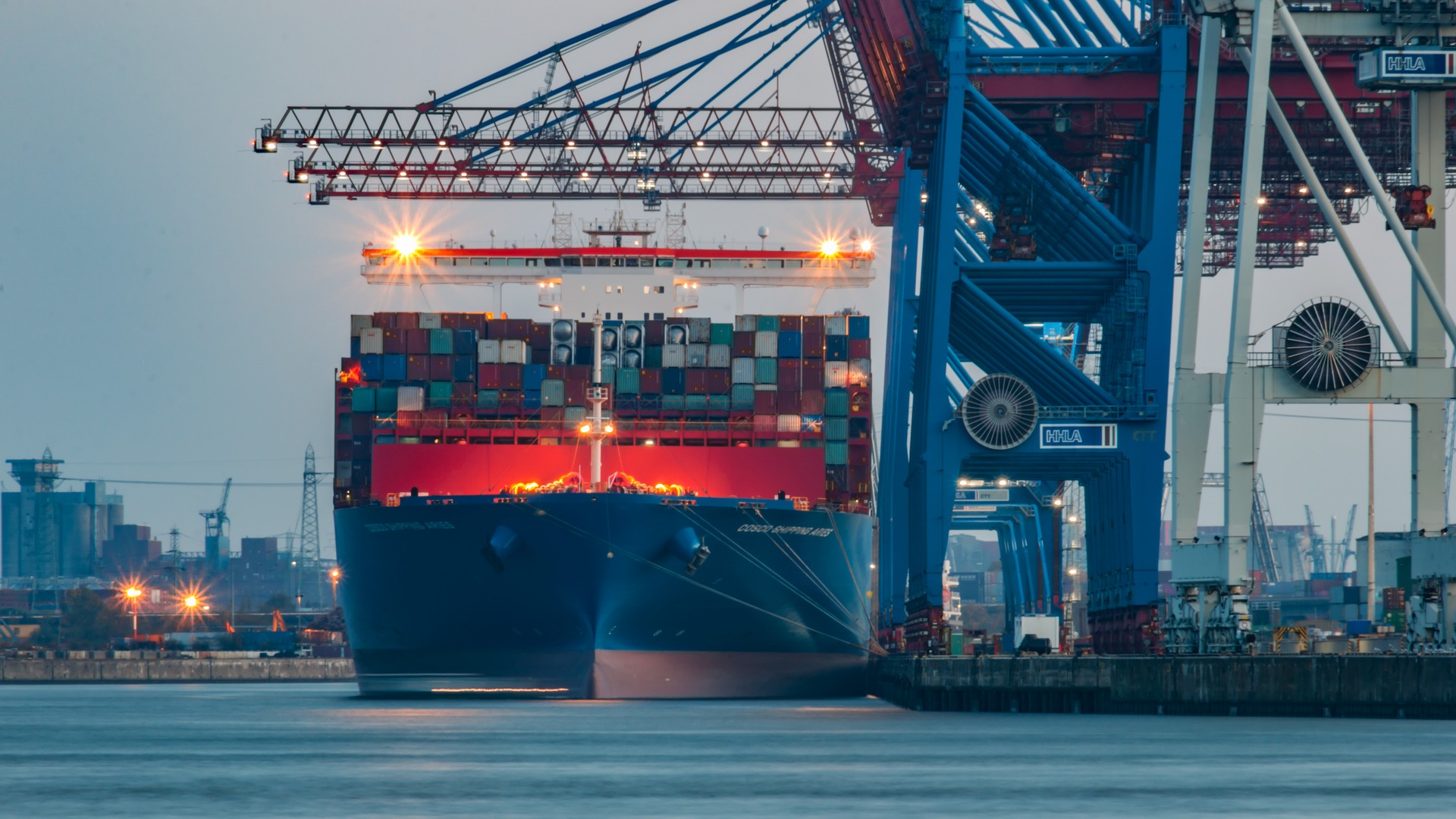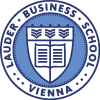
Globalization is one of the main drivers of economic change in the last decades. Economic theory and empirical evidence suggest that globalization not only delivers benign outcomes but also creates winners and losers. Some studies argue that the recent rise in right-wing political populism can also be traced back to voters who lost their jobs or feel uprooted due to foreign competition and international migration. Adding to this stream of research, Christian Reiner, senior researcher at Lauder Business School, published a new peer reviewed article Austrian regions in the age of globalisation: trade exposure, urban dynamics and structural change in the journal “Regional Science Policy & Practice” (RSPP) on the effects of globalization on structural change in the Austrian regions. He co-authored the paper with Sascha Sardadvar, who works as a senior researcher at WPZ Research in Vienna.
The paper deals with globalization and urban agglomeration effects on regional employment growth in the agricultural, mining and manufacturing industries. Globalization impacts are estimated via import and export exposure measures considering trade with those former Comecon members who accessed the EU (Bulgaria, Czechia, Estonia, Hungary, Latvia, Lithuania, Poland, Romania, Slovakia) as well as China, the observation period is 1991‐2011. Results show that trade exposure with former Comecon members affects regional employment growth in Austria negatively despite a considerable trade surplus. Concerning China, the impacts of import exposure are surprisingly weak while export exposure shows strong positive effects. Population density shows a U‐shaped pattern, suggesting that large urban agglomerations offer some advantages for employment growth in the considered industries.


Recent Comments